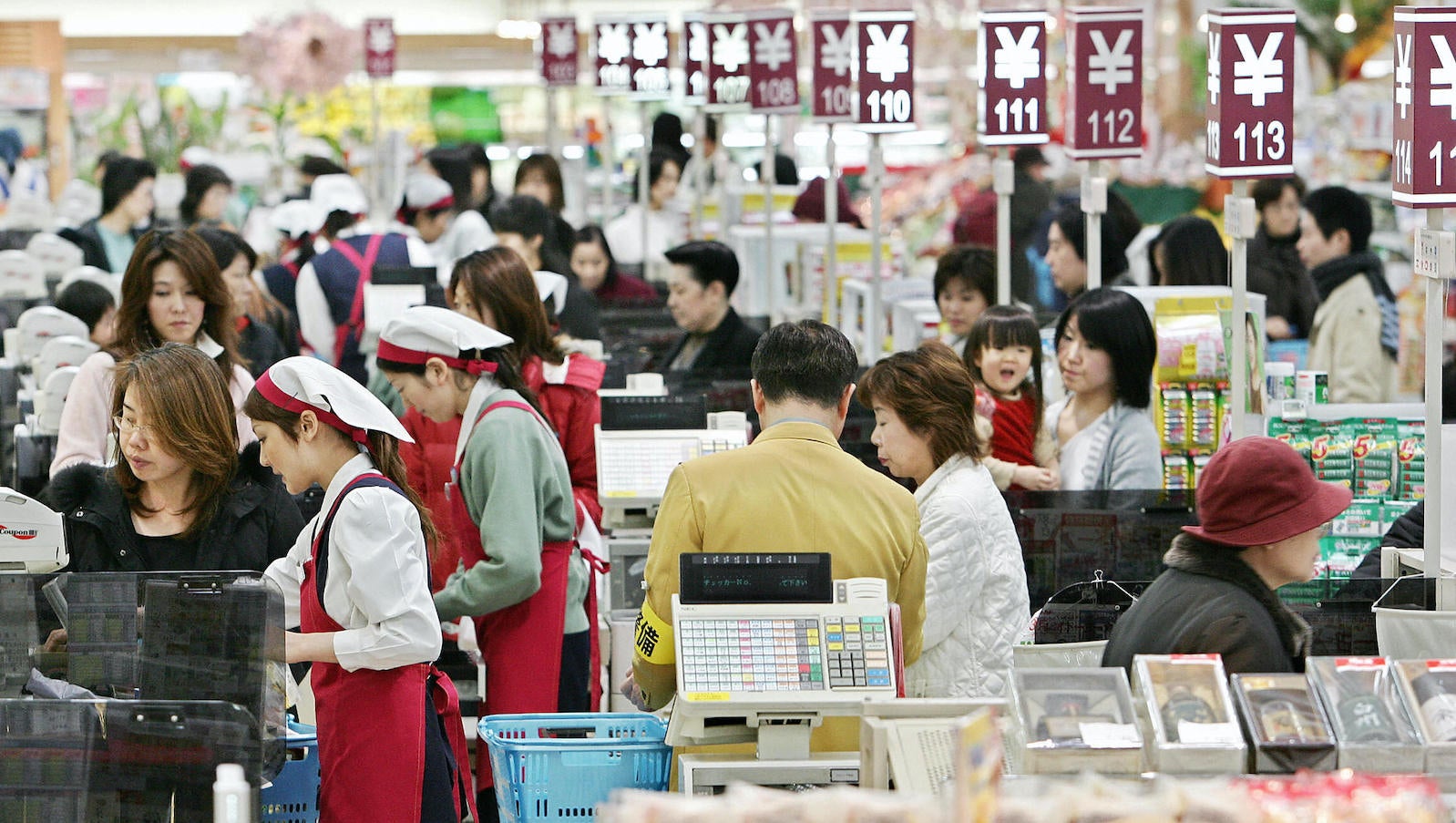Japan is planning a big hike to its low minimum wages
For one of the world’s wealthiest countries, Japan has long had comparatively low wages. In 2021, the average wage in Japan was $40,949 USD, according to data from the OECD—the 11th-lowest of the OECD’s 38 member countries.

For one of the world’s wealthiest countries, Japan has long had comparatively low wages. In 2021, the average wage in Japan was $40,949 USD, according to data from the OECD—the 11th-lowest of the OECD’s 38 member countries.
But global inflation is pushing up consumer prices in Japan, putting pressure on Japanese companies to increase pay so workers can manage the higher cost of living. Now the Japanese government has released a proposal to increase its average minimum wage by a record 3.3% for the fiscal year ending in March 2023, suggesting the country’s history of stagnant wages is at a turning point.
“Raising the minimum wage is important in terms of investing in people,” Japan deputy chief cabinet secretary Seiji Kihara said before the decision was announced Monday, according to Bloomberg. “I hope it’ll be increased at a pace that’s appropriate for the era of new capitalism.” The phrase “new capitalism” refers to prime minister Fumio Kishida’s broader plan to address income inequality in Japan.
Under the new plan, Japan’s average minimum pay would increase to 961 yen ($7.30 USD) per hour, compared to the current rate of 930 yen ($7.07 USD) per hour. For comparison, minimum wage under US federal law is $7.25 per hour, although many states have set higher floors. Australia boasts the world’s highest minimum wage of $14.88 USD per hour.
How inflation could impact wages in Japan
A number of factors have conspired to keep wages down in Japan. The country’s chronic deflation is a big contributor: Consumers grew so accustomed to low prices that companies worried about losing business with price hikes, and tried to save money on labor rather than passing increased costs onto consumers.
Another reason for Japan’s stagnant wages relates to the cultural importance of job security in Japan. Historically, workers stick with their employers for many years, and are willing to sacrifice bigger wage hikes in favor of greater employment stability.
Japan’s rising cost of living presents plenty of challenges for its population, particularly lower-income residents, and could well put a damper on its post-covid economic recovery. But inflation may also turn out to be the impetus the country needed to finally give wages a boost.